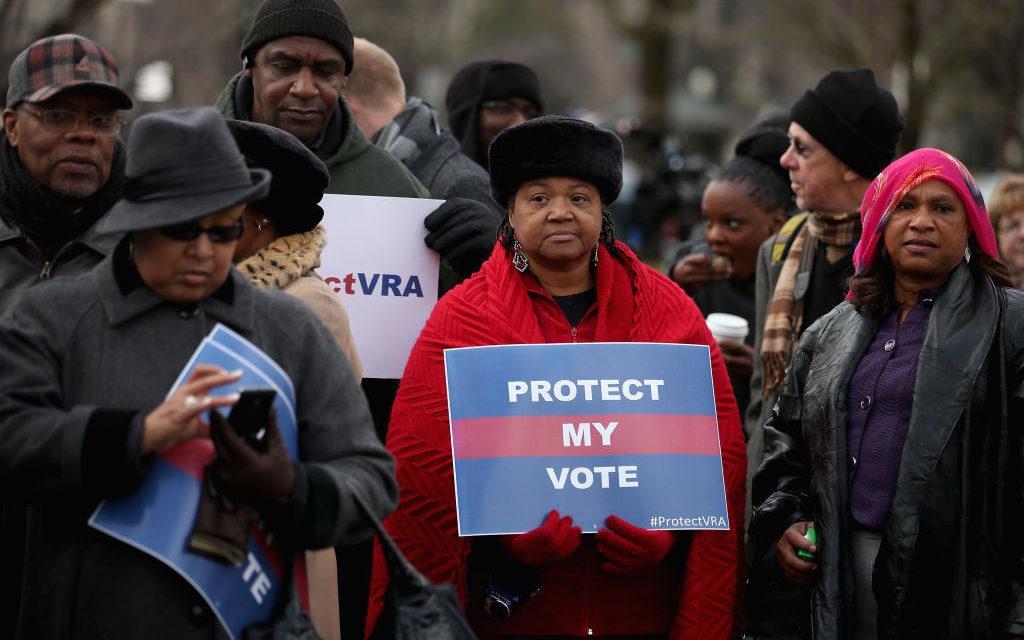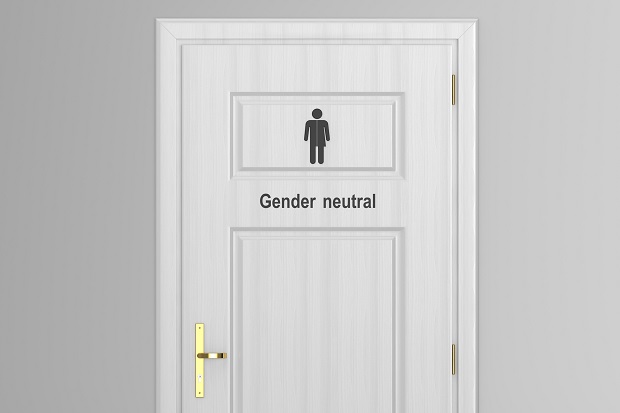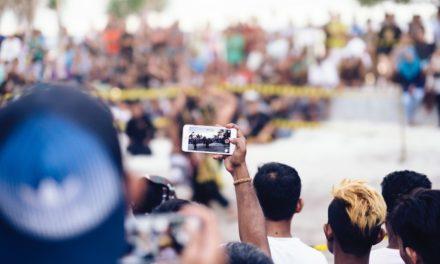
This year marks the centennial of the 19th Amendment, granting women the right to vote, and the sesquicentennial of the 15th Amendment, giving Black men the ballot. It is fitting then that this year’s theme for Black History Month is African Americans and the Vote.
These amendments made sure that Black men and Black women had the constitutional right to vote. However, those rights existed on paper only. The Jim Crow era brought a wave of statutes in the South from poll taxes to literacy tests that were specifically designed to disenfranchise Black voters. Today, states are still adapting old tactics to effectively silence the voices of millions of Black men and women.
Today, states are still adapting old tactics to effectively silence the voices of millions of Black men and women. Click To TweetIn 2013, the U.S. Supreme Court gutted Section 5 of the Voting Rights Act, which then allowed states to manipulate their voting policies without seeking approval from federal officials. This has led to states systemically and aggressively enacting laws aimed at suppressing the votes of Black people. In North Carolina, for example, lawmakers imposed a strict voter ID requirement. According to the American Civil Liberties Union, laws like this one overwhelming affect African Americans, as an estimated 25% of African Americans do not have a government-issued photo ID, as opposed to 8% of white Americans. This law in North Carolina was eliminated once a federal court ruled that the state sought to “target African Americans with almost surgical precision.” Again in 2019, a judge in North Carolina temporarily halted a law requiring people to show a photo ID at the ballot box.
But North Carolina was not alone. Nearly 1,700 polling places across the country have been closed since then. States have purged voter lists. Even earlier, we’ve seen heavily gerrymandered congressional and legislative districts dilute the voting power of communities of color. In 2017 alone, Native Americans, Latinx people, and African Americans were two, three, and four times, respectively, more likely than their white counterparts to report racial discrimination when trying to vote or participate in politics.
Felony disenfranchisement has been one of the most powerful tools for denying Black citizens the right to vote. In 2016, 6.1 million Americans, most of whom are people of color, were unable to vote on election day due to a felony conviction. For democracy to work, citizens, including those who made past mistakes, paid their debt to society, and now lead productive lives, must be allowed to vote and fully participate in the electoral process.
A successful democracy requires the full participation of its citizens. African Americans are no less American, but as a result of discriminatory policies, they have far less political power. As the United States continues to conjure the ghosts of an ugly past, people of color are still enduring exclusion, discrimination, and exploitation 150 years after the passage of the 13th, 14th, and 15th Amendments.
A successful democracy requires the full participation of its citizens. African Americans are no less American, but as a result of discriminatory policies, they have far less political power. Click To TweetAs we celebrate Black History Month, remember this year’s theme — African Americans and the Vote — and don’t just honor the African Americans who have fought for access to democracy, but remain vigilant in the protection of this fundamental right.
Don’t just honor the African Americans who have fought for access to democracy, but remain vigilant in the protection of this fundamental right. Click To Tweet


















